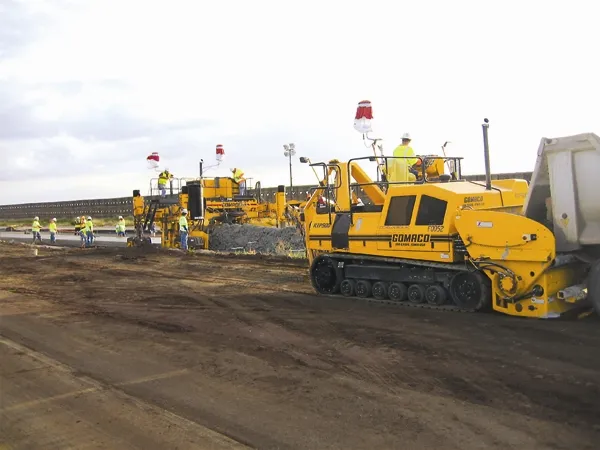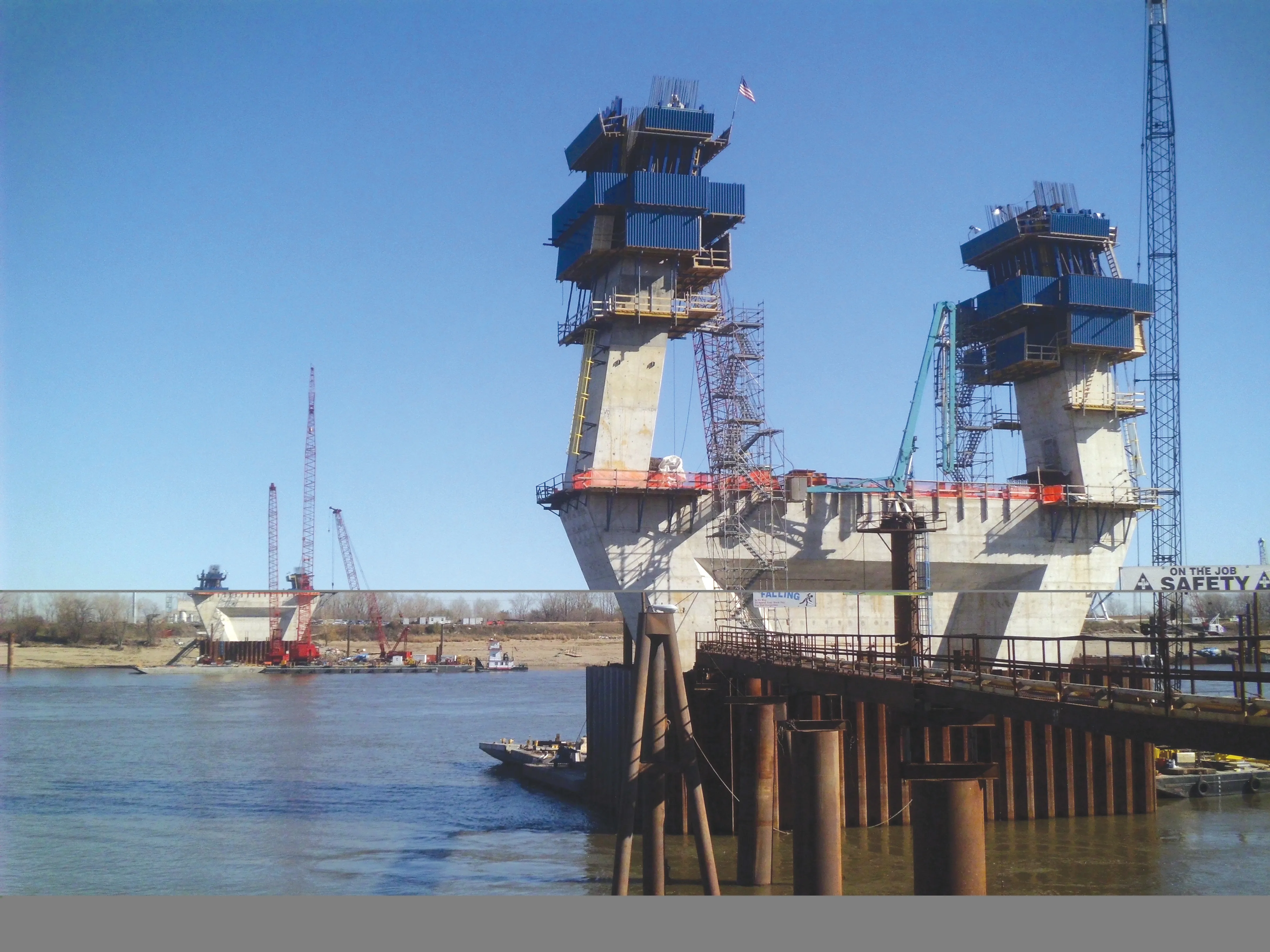Clearview Traffic Group has secured a contract for the installation and maintenance of automatic traffic monitoring equipment on behalf of Transport for London (TfL). As part of the contract, the company will install a number of additional automatic traffic counter (ATC) sites, as well as continue to maintain and repair nearly 200 existing ATC sites in and around the city of London to ensure there is a continued supply of acceptable traffic count data. The sites include equipment, ancillary devices and serv
April 20, 2012
Read time: 2 mins
Transport for London also has a major focus on increasing the number of cyclists in London. A new part of the contract for Clearview Traffic consists of the maintenance and repair of current automatic cycle counters (ACCs) sites and the implementation of additional sites where required to enable TfL to continue monitoring the volume of cycle journeys taking place as a major indicator of achieving the desired goals of increasing the viability of cycling as an alternative form of transport.








